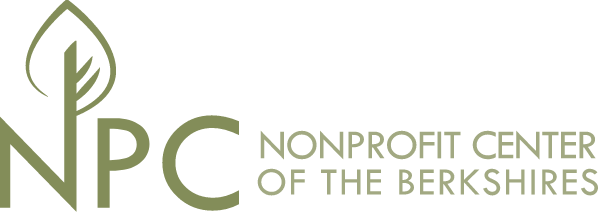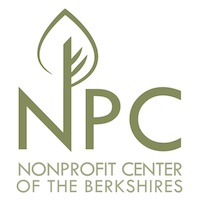22 Mar Employee Value Proposition
 Employee Value Proposition
Employee Value Proposition
by Kevin Thomas/Green River Coaching and Consulting
A large non-profit, which shall remain nameless, decided that they had put enough COVID precautions in place, and it was time for employees to return to their offices. Wanting to give employees to make choices for their personal safety, they allowed employees to opt to do their meetings by Zoom. As a result, a peculiar situation developed. Employees were now forced to commute into their offices, but most went into their offices and closed their doors, having only minimal in person interactions with their colleagues. The policy had created the worst of both worlds. They had taken away the telecommuting option which had become an important benefit for staff, but reaped none of the benefits of in person interaction. You can imagine the griping. Employee engagement suffered, and along with it, the organization’s reputation as an employer.
Employers cannot afford to needlessly compromise employee engagement in today’s labor market, in which employees have many options and employers are competing fiercely for talent. On the contrary, it’s imperative that employers do as much as they can to sweeten the deal and make it attractive for employees to stay and bring their best effort to their jobs.
Every day that your employees show up for work, they are voting with their feet. They are making a statement that the deal they have with you is the best one that they can find. They are saying that in some way their jobs represent a path to progress towards their larger life goals, for their careers, for their financial plans, for the part that work plays in the rest of their lives. In other words, they have a sense, usually unspoken and not entirely conscious, of the deal they are getting with you as an employer, the balance of what they give to you and what you give to them. I call this deal the “employment value proposition.”
To retain your best talent, you need to understand what the employment value proposition of your staff is. The more you value a particular employee, the more you need to know about what they are getting out of their jobs. You also need to understand what factors may be making them sour on their employee experience. Only then will you be able to make informed choices that can help you both to retain and increase engagement of your talent.
There are a number of ways to find out what the employment value proposition is in the minds of your staff:
-
Surveys. These are usually administered in large organizations. Surveys can provide valuable information about employee attitudes towards their total compensation, the workplace culture, opportunities for career development, and many other factors. If you choose to administer a survey, there are 2 things to keep in mind. First, surveying your employees is an implicit promise to them that you will make changes on the basis of what you learn. If you’re not prepared to take on large scale projects to change your organization, it’s better not to survey in the first place. Second, survey data will create more questions than answers. You’re going to have to do interviews with focus groups to find our more about what the survey data is really telling you. At best, survey data will tell you which topics you should focus on in your focus groups.
-
Focus groups. A structured interview with a representative group or groups across your organization can help to identify what is working well for your employees and what represent opportunities for improvement. It’s important that employees trust that you genuinely care about what they say, and that there won’t be retaliation against them for providing constructive feedback. It can be helpful to bring in an outside consultant to conduct these focus groups, to provide a guarantee of confidentiality.
-
Stay Interviews. Most people are familiar with exit interviews, which are used to understand the reasons why people are leaving and to get a better understanding of the dynamics in their immediate team. But why wait until employees are leaving to do this important discovery work? The more you value a particular employee, the more important it is for you to understand whether they are thinking of leaving, and why. Just as important is finding out what is fueling an employee’s positive experience of working for you, so that you can continue to sculpt their experience in a way that makes them get even more from their experience. More information about how to conduct stay interviews, along with the most important questions to ask, can be found here.
As a non-profit organization, you may not be able to give people the biggest raises, or provide people with glamorous corner offices. Yet you can do something that many for profit organizations neglect to do: you can show your employees that you care. By taking a genuine interest in their employee value proposition, and by striving to enhance it with the means at your disposal, you can do much to win the hearts and minds of the people that are the lifeblood of your organization.




 Employee Value Proposition
Employee Value Proposition